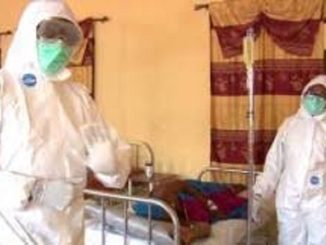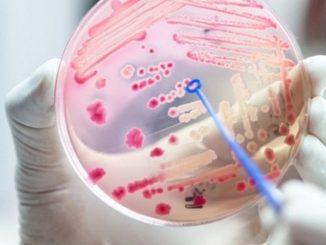3-WHY PANCREATIC CANCER CAN BE HARD TO DETECT
The ACS predicts that 27,970 men will be diagnosed with pancreatic cancer in 2017—compare that to the 116,990 men that will be diagnosed with lung cancer. Still, while pancreatic cancer accounts for just three percent of all cancers, it makes up about 7 percent of all cancer deaths. One reason it’s overrepresented in the death column? The disease is one of the most insidious ones out there: “We don’t have any way to screen for pancreatic cancer, and symptoms don’t develop until it’s usually not curable, so almost everyone who gets pancreatic cancer dies from it,” says Dr. Grady.
Why it’s hard to detect: Abdominal or back pain, weight loss, lack of appetite, nausea, and even blood clots are pretty nonspecific symptoms of pancreatic cancer that could be attributed to lots of other things. The cancer usually has to spread to your liver before you develop a telltale sign that something’s really not right: jaundice, which causes your skin and eyes to yellow. The structure and setup of your organs is part of the reason. Your GI tract is basically a series of tubes and organs with different layers, including your pancreas, says Dr. Grady. The layers around some areas, like your colon, are quite thick.
Thicker layers allow cancers more time to grow before they spread to other organs, potentially boosting your doctor’s chances of finding it in time to treat it before it becomes aggressive. But your pancreas is different—its outer layers are pretty thin. That means the cancer can quickly spread outside the pancreas. “We think the problem is that by the time you develop symptoms, the cancer has almost always spread outside the organ into different regions,” says Dr. Grady. Plus, your pancreas is located deep within your body, so your doctor can’t see or feel early tumors during routine checkups, according to the ACS.
What you can do: While researchers are putting in a lot of effort to come up with better early-detection tests, nothing like that is currently available for most people, says Dr. Grady. Like colon cancer polyps, there are precancerous lesions on your pancreas that may go on to become cancer, but more research needs to be done to know for sure, he says.
So prevention is key. The best thing you can do is to minimise your risk, says Dr. Grady. Smokers are twice as likely to develop pancreatic cancer than people who have never smoked, according to the ACS. And since obese people are 20 percent more likely to develop pancreatic cancer, maintaining a healthy weight is crucial, too.



